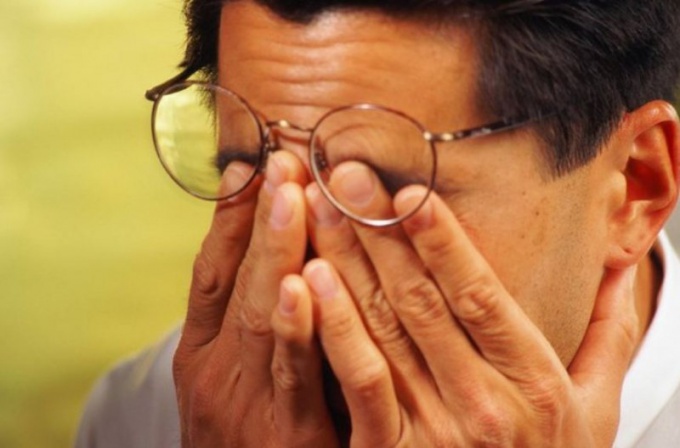The path service
Currently, the army is becoming more on a contract basis and thereby becomes a professional. This approach due to the need to increase combat capability, and the creation of an army of a new type, significantly more mobile and efficient.
It is quite natural that the requirements increase and restrictions become more and more. This is understandable, because the service in
the army has never been easy, and for professional soldiers deliberately increased demands.
High requirements to the state of health of servicemen justified their military specialty and upcoming missions, for this reason, so a high bar for the view.
With eyes not kidding
List of eye diseases, in which the armed forces are limited or generally unacceptable, is quite extensive.
It includes diseases such as disorders of eyelid, lacrimal system and orbit, and conjunctiva, pronounced ulcerative blepharitis with cicatricial degeneration and alopecia the edges of the eyelids.
Chronic conjunctivitis with hypertrophy and a pronounced infiltration of the submucosal tissue with frequent (at least 2 times per year) exacerbations unsuccessful inpatient treatment will not allow you to serve in the army.
In addition, chronic trachomatous the defeat of the conjunctiva, diseases of the lacrimal passages and recurrent pterygium hymen with progressive disruption of the eye, is not amenable to cure after repeated surgical treatment in the hospital, will become an obstacle to the service.
Those wishing to serve should also ensure no ptosis congenital or acquired character, in which the upper eyelid in the absence of tension of the frontal muscle covers more than half of the pupil of one eye or more than one third of the pupil in both eyes. If your eyes experienced reconstructive surgery on the lacrimal pathways with the introduction of leukoprotease, and disorders of sclera, cornea, iris, ciliary body, lens, choroid, retina, vitreous body of the eyeball, optic nerve disease with progressive decline in visual function and not amenable to conservative or surgical treatment, the way the army is closed to you.
Experiencing the state after depertment in one or both eyes to serve is also not necessary. Obstacle, among other things, will be tapetoretinal abiotrophy, regardless of the function of the eye, chronic uveitis and omeopatia installed in stationary conditions accompanied by increased intraocular pressure, cheratoglobo and keratoconus, aphakia, and pseudophakia in one or both eyes.
If you have degenerative changes in the fundus (regional retinal degeneration, multiple chorioretinal lesions, posterior staphyloma etc.) with progressive decrease in visual function of the eye, or foreign body inside the eye, does not cause inflammatory or degenerative changes, the army will not take. When detachment and retinal tears, glaucoma and diseases of the eye muscles, as well as violations of the conjugated movement of the eyes and persistent paralysis of the motor muscles of the eyeball, the military does not allow service.
Even if the visual acuity in one eye and 0.4 in the visual acuity of the other eye from 0.3 to 0.1, and worse, you have all chances to avoid army boots.
